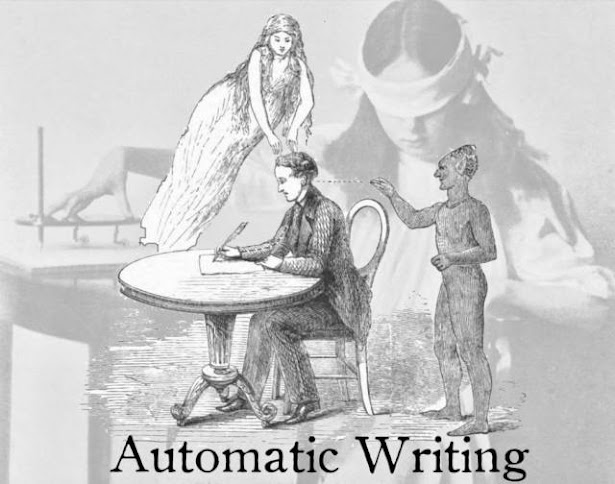The Day Johannes Tetzel Sold An Indulgence For A Sin Someone Was About To Commit, And Lived To Regret It
A story from J. H. Merle D’Aubigné:
A Saxon gentleman had heard Tetzel at Leipsic, and was much shocked by his impostures. He went to the monk, and inquired if he was authorized to pardon sins in intention, or such as the applicant intended to commit? "Assuredly," answered Tetzel; "I have full power from the Pope to do so."
A Saxon gentleman had heard Tetzel at Leipsic, and was much shocked by his impostures. He went to the monk, and inquired if he was authorized to pardon sins in intention, or such as the applicant intended to commit? "Assuredly," answered Tetzel; "I have full power from the Pope to do so."
"Well," returned the gentleman, "I want to take some slight revenge on one of my enemies, without attempting his life. I will pay you ten crowns if you will give me a letter of indulgence that shall bear me harmless." Tetzel made some scruples; they struck their bargain for thirty crowns.
Shortly after, the monk set out for Leipsic. The gentleman, attended by his servants, laid wait for him in a wood between Jüterboch and Treblin,—fell upon him, gave him a beating, and carried off the rich chest of indulgence-money the inquisitor had with him. Tetzel clamoured against this act of violence, and brought an action before the judges. But the gentleman showed the letter, signed by Tetzel himself, which exempted him beforehand from all responsibility. Duke George, who had at first been much irritated at this action, upon seeing this writing, ordered that the accused should be acquitted.*
*J. H. Merle D’Aubigné, History of the Great Reformation of the Sixteenth Century in Germany, Switzerland, Etc., (Philadelphia: James M. Campbell/ New York: Saxton & Miles, 1844), 72.
D’Aubigné gives as his source: "Letter of Myconius to Ebereus in Hechtii Vita Tezelii, Wittemb. i. p. 14." But this seems to be incorrect. The souse mentioned is here. The letter of Myconius appears on pages 115-144. In giving the letter a cursory scan, I do not find the story discover the story D’Aubigné tells. And it is not on page 14 either.




Comments
Post a Comment